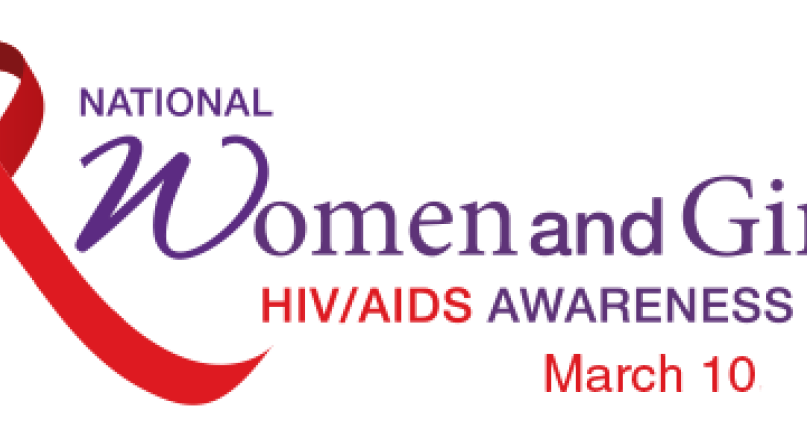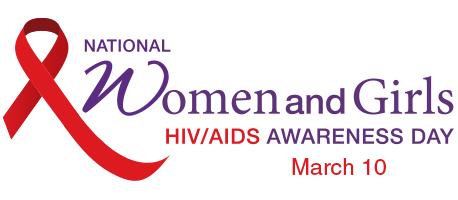Here’s to the health of women and girls
Author
Upcoming Events
Related News

As we celebrate National Women and Girls HIV/AIDS Awareness Day March 10, it’s important to know that women remain the most vulnerable to the infection. The theme of this year’s awareness day is “HIV Prevention Starts with Me.” Nearly one-quarter of people living in the United States with HIV are women (23 percent). All women are at risk for HIV, but African-American and Hispanic women are disproportionately affected by HIV. In the United States, one in 48 African-American women will contract HIV in their lifetime, compared to one in 227 Hispanic women and one in 880 white women.
Women must get tested and take the necessary precautions to prevent new infections. There are a number of ways in which women can lower their risk of getting HIV. However, abstinence is the most effective way to prevent HIV and other sexually transmitted infections. Our greatest challenge to stop the spread of the virus is how we combat the stigma surrounding HIV and AIDS. We know that racism, transphobia, homophobia, misogyny and access to effective and adequate healthcare diminish the reach of HIV education, prevention, and treatment. County officials are natural ambassadors to bring awareness and education to their communities and combat the stigma and HIV.
Commissioner Larry Johnson of DeKalb County, Ga., shared: “We must be proactive and vigilant in educating and adopting the best practices and promising approach in building understanding to eliminating HIV/AIDS and not demonize folks who are dealing with the disease. As an experienced public health practitioner, I believe it starts at the county, community, and grassroots level if we are to truly make an impact.”
Resources such as womenshealth.org, the Black Aids Institute and the Center for Disease Control and Prevention (CDC), offer a wealth of information that can be used to springboard conversations about HIV and AIDS. Further, films such as “90 Days” offer a modern approach to some of the struggles women face — especially women of color — when it comes to HIV. To learn more about how we can stop the spread of HIV together or to find a screening of the film, “90 Days,” please visit our website and follow us on social media.
In observance of National Women and Girls HIV/AIDS Awareness Day, get tested, practice safe sex and if you have a partner who is positive, and you are negative, speak with your doctor about pre-exposure prophylaxis (PrEP). PrEp is a once-a-day pill that you can take to reduce your risk of getting HIV from sex by more than 90 percent. Remember, “HIV prevention starts with me!” We invite you to join us and let’s stop HIV together. Please use these hashtags as you share this information with others: #NWGHAAD #TalkHIV #ActAgainstAIDS #DoingIt

Attachments
Related News

HHS Secretary Kennedy touts fixes for obesity, chronic illness, mental health issues
Counties can help improve health outcomes by prioritizing prevention over treatment, Robert F. Kennedy Jr., secretary of the U.S. Department of Health and Human Services told NACo Legislative Conference attendees.

Drug tracking software helps counties identify trends, save lives
Florida counties are using an artificial intelligence tool called Drug TRAC to track and report drug trends, with the aim of providing quicker outreach and saving lives.

White House Executive Order establishes national substance use disorder response
On January 29, the White House issued an Executive Order (EO) establishing the Great American Recovery Initiative, a new federal effort aimed at coordinating a national response to substance use disorder (SUD).
